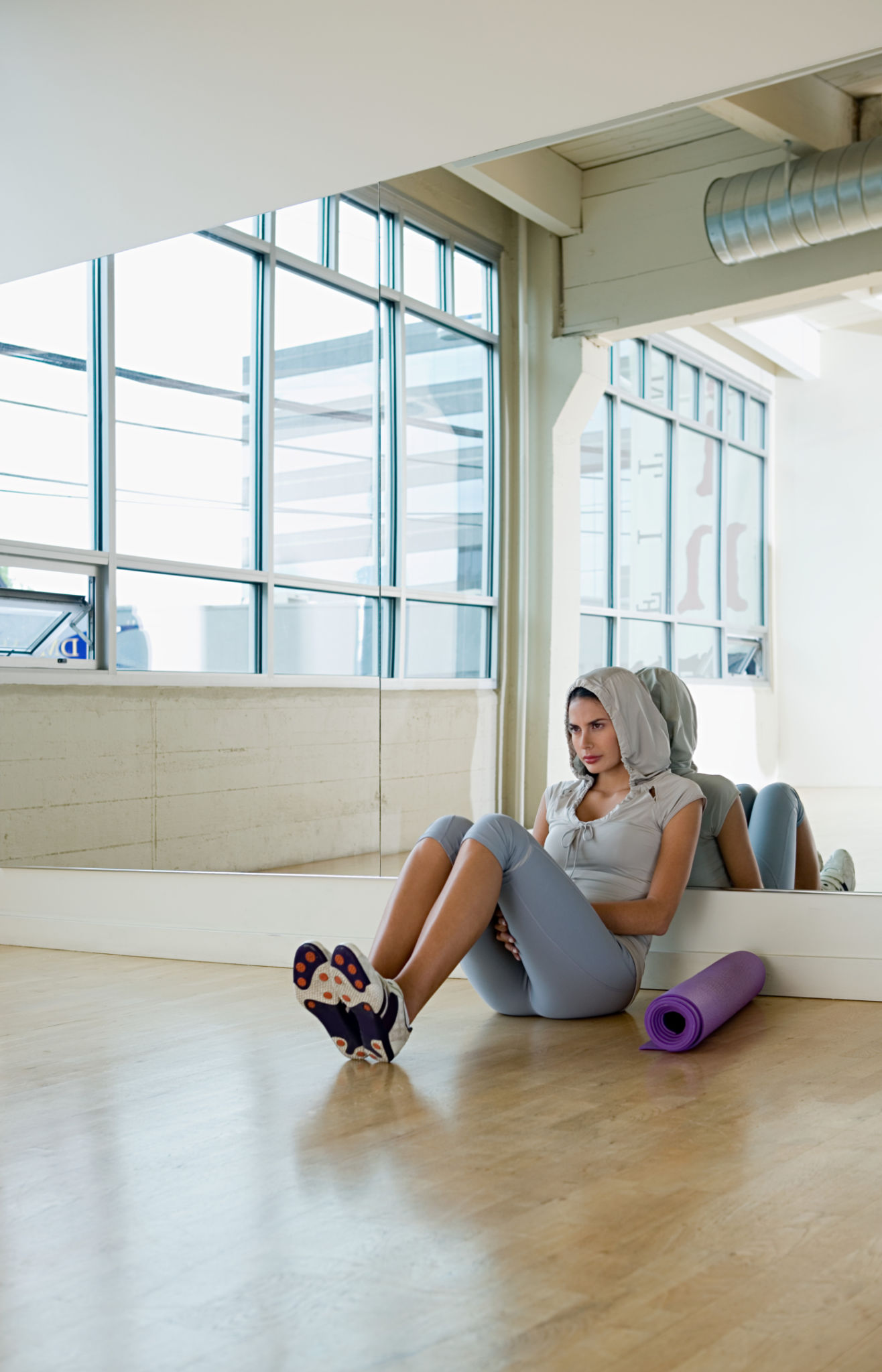Winter Healthcare Tips for the Elderly in the UK: Staying Safe and Healthy
Understanding the Challenges of Winter
For the elderly, winter can be a particularly challenging season. The drop in temperature, shorter days, and potential for hazardous weather conditions like ice and snow can pose significant risks to health and safety. It's crucial for seniors and their caregivers to be proactive in addressing these challenges to ensure a safe and healthy winter season.

Maintaining a Warm Home
Keeping the home warm is a top priority during the colder months. Ideally, living rooms should be heated to around 21°C (70°F) and other occupied rooms to at least 18°C (64°F). Seniors should ensure that their windows and doors are sealed properly to prevent drafts, and use thick curtains to retain heat. Additionally, wearing several layers of clothing can help maintain body heat.
Preventing Winter Illnesses
Winter is synonymous with colds and flu, which can be particularly severe in older adults. It is advisable for seniors to get the flu vaccine annually and consider the pneumonia vaccine if recommended by their healthcare provider. Regular hand washing and limiting contact with sick individuals can also help prevent the spread of germs.

Nutritional Tips for Cold Weather
Proper nutrition plays a vital role in maintaining health during winter. It's important for seniors to consume a balanced diet rich in fruits, vegetables, lean proteins, and whole grains to support their immune system. Staying hydrated is equally important, even though the sensation of thirst might be less during colder weather.
Staying Active Indoors
Physical activity is essential for maintaining strength and mobility but can be challenging when outdoor conditions are not favorable. Seniors should consider indoor exercises such as walking around the house, stretching, or using exercise videos tailored for older adults. Engaging in regular physical activity helps improve mood and prevent the winter blues.

Safety Precautions During Winter
Slips and falls are common during winter due to icy sidewalks and paths. It's important for seniors to wear proper footwear with non-slip soles when venturing outside. Using handrails and taking small steps can also help prevent falls. In addition, it's wise to keep a charged mobile phone handy in case of emergencies.
Checking in on Loved Ones
Regular check-ins with family members or neighbors can provide reassurance and assistance when needed. Having a reliable communication plan ensures that someone is aware of the senior's well-being during severe weather conditions. This can provide peace of mind for both seniors and their families.
By following these winter healthcare tips, older adults in the UK can enjoy a safer and healthier season. Proactive measures combined with community support can make all the difference in navigating the challenges winter presents.
